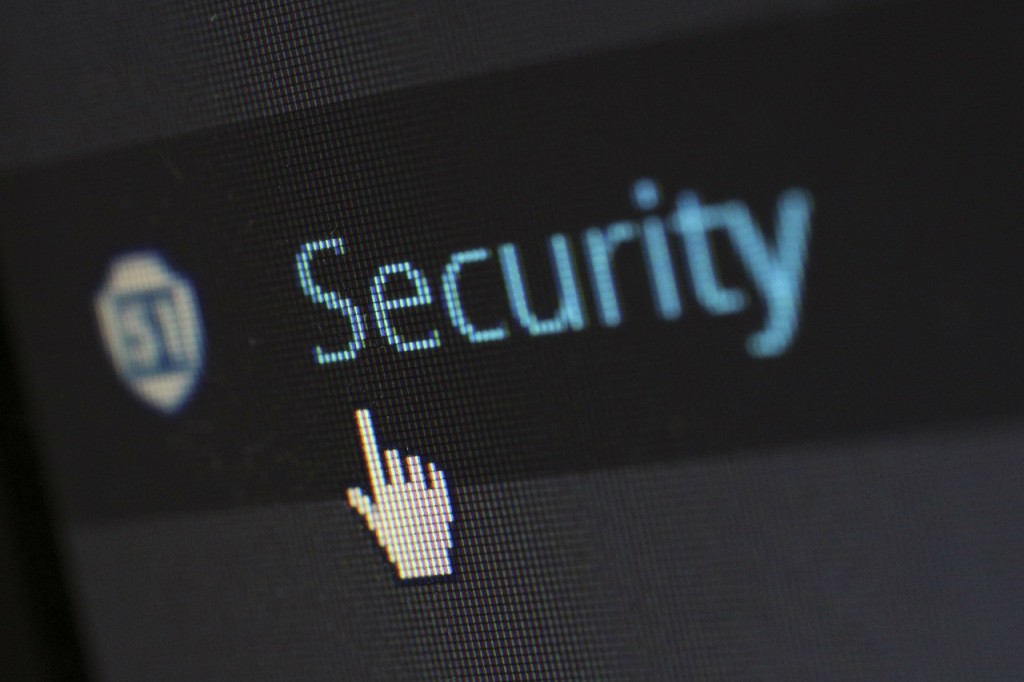Six ways to keep you and your website safe online
The internet can be a dangerous place. 30,000 websites are hacked every day and each year almost 150,000 people fall victim to identify fraud. The only way to stay safe is to understand how would-be criminals try to access your information and implement steps to protect yourself. Here are six ways you can stay one step ahead of the bad guys.
Domain privacy
For people outside the EU, when you register a domain name, your personal details – including your name, address, telephone number and email address are included in the WHOIS database. The information can be accessed by anyone, which is why you may have noticed an influx of spam emails after registering a new domain. Although it’s unlikely anyone would be able to compromise your website or your identity with this information alone, it does provide hackers with a good starting point. For this reason, it’s always a good idea to ensure your domain includes Domain Privacy, which is provided for free to all domain customers at 123 Reg.
Domain Privacy ensures your personal information is protected with placeholder text in the WHOIS database, keeping your identity safe and preventing spam. If you’re interested in even more powerful protection for your domain, we also two levels of Domain Ownership Protection. Full Domain Protection prevents hackers from stealing or making changes to your domain and ensures you approve any vital changes using two-factor authentication. Ultimate Domain Protection features all of the above, but also allows you to hold on to your domain for an extra 90 days should your credit card or billing information expire before you renew your domain.
Email masking
If you’re running a website, the chances are you’ll want people to know how to contact you. Often you’ll do this by including an email address on your website. Unfortunately, this is like honey to spammers and hackers who have bots that are trained to search the internet for email addresses included on websites and collect them for nefarious purposes. You can stop this by masking your email address. Masking an email address does require some technical skills and if you have them, you can follow this guide. However, even the most basic step of replacing the symbols in your email address with words (for example name “at” example “dot” com) should reduce the amount of spam you receive, although don’t expect it to stop everything.
CAPTCHA codes
Don’t think you’re safe from spammers just because you use a contact form instead of an email address. There are also bots out there that search the web for contact forms and then automatically send messages. One of the easiest ways to stop this is by using CAPTCHA codes – those little strings of text you have to enter before sending a message via a contact form. This will stop you receiving automated messages. One word of warning though – make sure your CAPTCHA form is working otherwise you may inadvertently stop potential customers getting in touch. You can learn about getting CAPTCHA on the reCAPTCHA site.
Information protection
Do you know who holds what information about you? It’s almost impossible to keep track of who has personal data about you and because of this it’s important to limit the amount of data you give out wherever possible. You need to be sure who is asking you for a piece of information and why they want it. Limiting the amount of sensitive information, such as date of birth, you release will help your general online security. The fewer people have access to information the less chance there is of your site being hacked or your identity being stolen.
It’s also vital to make sure you know what information people can access via your social media profiles. Think about how often something like your date of birth is used as a security question. If a complete stranger can find your date of birth just by looking at your Facebook page, then your security question won’t be very secure at all. You can get more advice on social media security in this guide.
Antivirus programmes
Unfortunately, there’s only so much that preventative measures can do. In order to be as safe as possible, it’s always a good idea to take proactive steps. On your computer this means installing a quality antivirus programme and keeping it up to date.
You can get further advice on how to protect your website from hackers in this video.
Staying safe in the future
Unfortunately, online security isn’t something that you can do once and forget. Hackers are constantly looking for new ways to compromise software and websites. That means it’s important to install updates and upgrades as soon as possible as they often contain patches to correct newly discovered security vulnerabilities.
Remember, the key to staying safe online is to be proactive about security. Change passwords on a regular basis. Install software updates as soon as you can. Make sure you make it as hard as possible for someone to access private information about you and your business.

